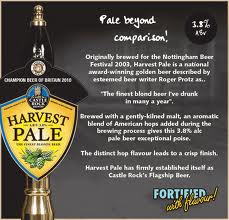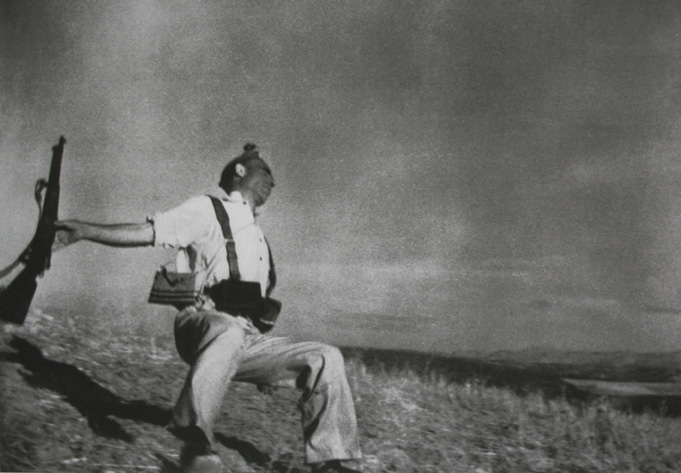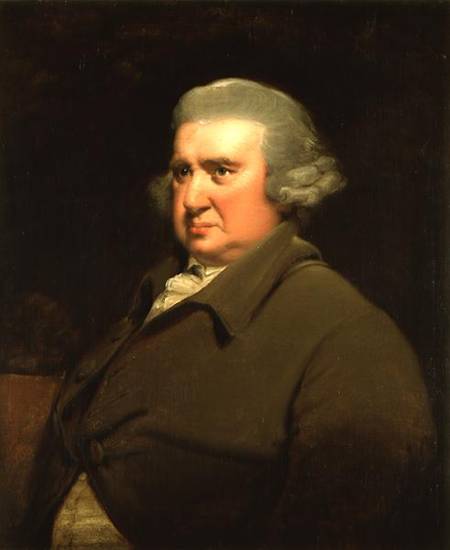Ah, mid year resolutions are a great thing, much more original than those New Year types, so having resolved to keep up with our meetings, we did indeed meet again for September, this time focussing on ‘Gabriel’s Angel’ by Mark A Radcliffe. Mark had spoken at the Madness and Literature conference earlier in the year, which was where I had heard of this book, which is bang up to date, having been published in July 2010, definitely our most ‘contemporary’ piece of fiction yet…

So what did we think of the book? Well Dave hadn’t finished it yet, despite making valiant efforts after a late delivery from Amazon, so we were careful not to spoil the ending for him. The ending is not a huge surprise, probably the only way such a story could have completed without being too schmaltzy, and now Dave has probably finished the book I can manfully admit that it made me cry…It also made me re-evaluate what I thought of the book a bit, and reconsider it more as essentially a love story which focussed on the relationships amongst the main characters, expecially Gabriel and Ellie. As I’d read the book the humour and extraordinary situations the (human) characters were in, plus the satire on psychotherapy had distracted me from those beautifully drawn relational aspects of the novel, but the ending forced me to think back and re-evaluate those aspects of the book.
Another main element though, is the author’s ‘gentle satire’ (his own description) of psychotherapy as practiced by the angels in the pre-death purgatorial centre. Whilst the device of purgatorial experience is very ‘hot’ at the moment (it was revealed as the answer to the mysterious existencies led by characters on both long running TV series ‘Life On Mars/Ashes to Ashes’ and ‘Lost’ earlier this year) this is a novel twist to that device, and an interesting way of looking at psychotherapy. It may well reflect the rather jaded view of the nature of long-term psychotherapy, as the back cover blurb says:
If the group do well in the therapy they may be allowed to pass into Heaven, or go back to Earth to finish their lives. If not it’s Hell. Or worse, more therapy.
The gentle satire is, we thought, fairly affectionate of the processes involved in psychotherapy, rather than designed to deny the usefulness of therapy. It uses an in depth knowledge of the processes and the external view of this which can sometimes find those processes to understand. It put me in mind of the film ‘Analyse This’ which also present a satirical view of therapy, again from a rather extreme perspective – Billy Crystal analyses De Niro, again a mobster type. Warning this clip is NOT child or office friendly!
The book also covers the tricky subject of IVF and the emotional impact this has on people, particularly the male view of this, as narrated by Gabriel himself, and the author seems to capture male thinking in a way that is not quite Nick Hornby but is very recognisable to blokes, including those of us who have been trained to be more sensitive and therapeutic! He covers this tricky and emotionally charged area with great sensitivity and a use of dark humour which also betrays the way in which those of us in the helping professions tend to cope with the emotional work of caring.
Because the author works in a similar field to our own (Kevin was absent, so we were left with mental health nurses and academics!) there was a certain amount of second guessing going on during our discussion – Dave thought he recognised the model for the heavenly centre as being part of Warwick University.
Personally if I get to heaven and it looks like Warwick University I will be a little disappointed*… Some of the prettier parts of Oxford University maybe, the bits around the Radcliffe Camera and the Bodleian Library perhaps,

…even Pusey House is pretty heavenly, though that may just be an association from the days when I had to use the library there. The combination of dusty books, monastic architecture and huge bookshelves, plus permeated scent of incense from the nearby mother church of Anglo-Catholicism have left a lasting impression.
In terms of literature there was less for us to chew on, unusually Paul had not scribbled all over his book to mark the sections which appealed to him lyrically, and Kevin, our resident linguist, was also absent, but overall this earthiness did not seem to be a problem. The author was not trying to write ‘literary fiction’, more contemporary fiction, so his use of language was at times very colloquial, as was his imagery – the way in which the hit man character emasculates himself accidentally, the incident which leads to him being at the centre, is eye-wateringly described, and the language used by the characters throughout is coarse but realistic contemporary usage.
All in all we loved it! The rest of the evening passed in the usual bandinage and quaffing of Harvest Pale, so, as it always used to say in my old parish magazine, and I promise never to use this phrase again, ‘ a good time was had by all’.
We also established the running order for the rest of the year, which will be:
October – The History of Rasselas by Samuel Johnson
November – Narcissus and Goldmund by Hermann Hesse
December – The Book Thief by Marcus Zuzak
Two out of three are available on kindle…
*Oh, and for the record I am not expecting heaven to be like either place, if indeed it does have such a physical manifestation, which I somehow doubt…

















